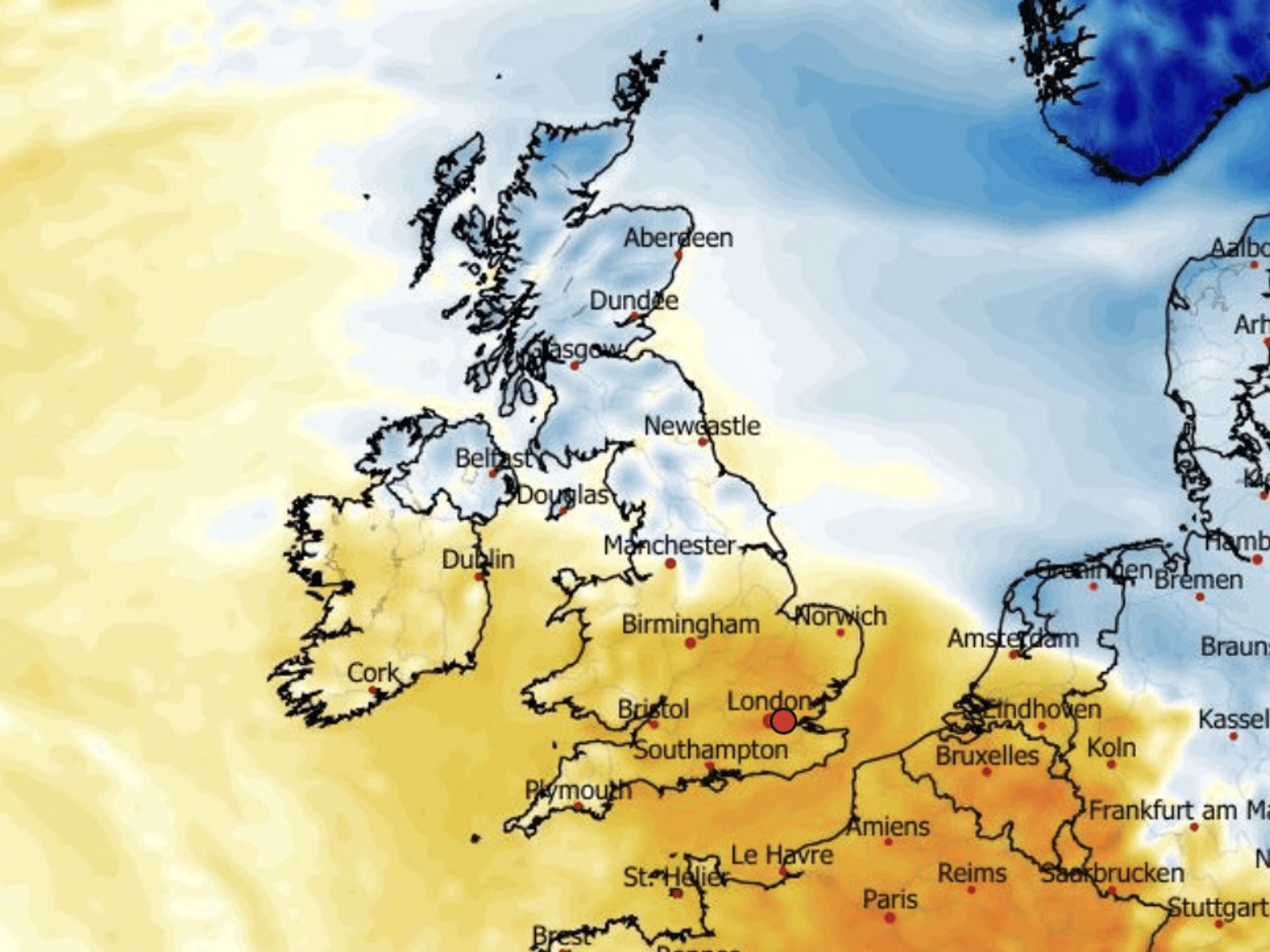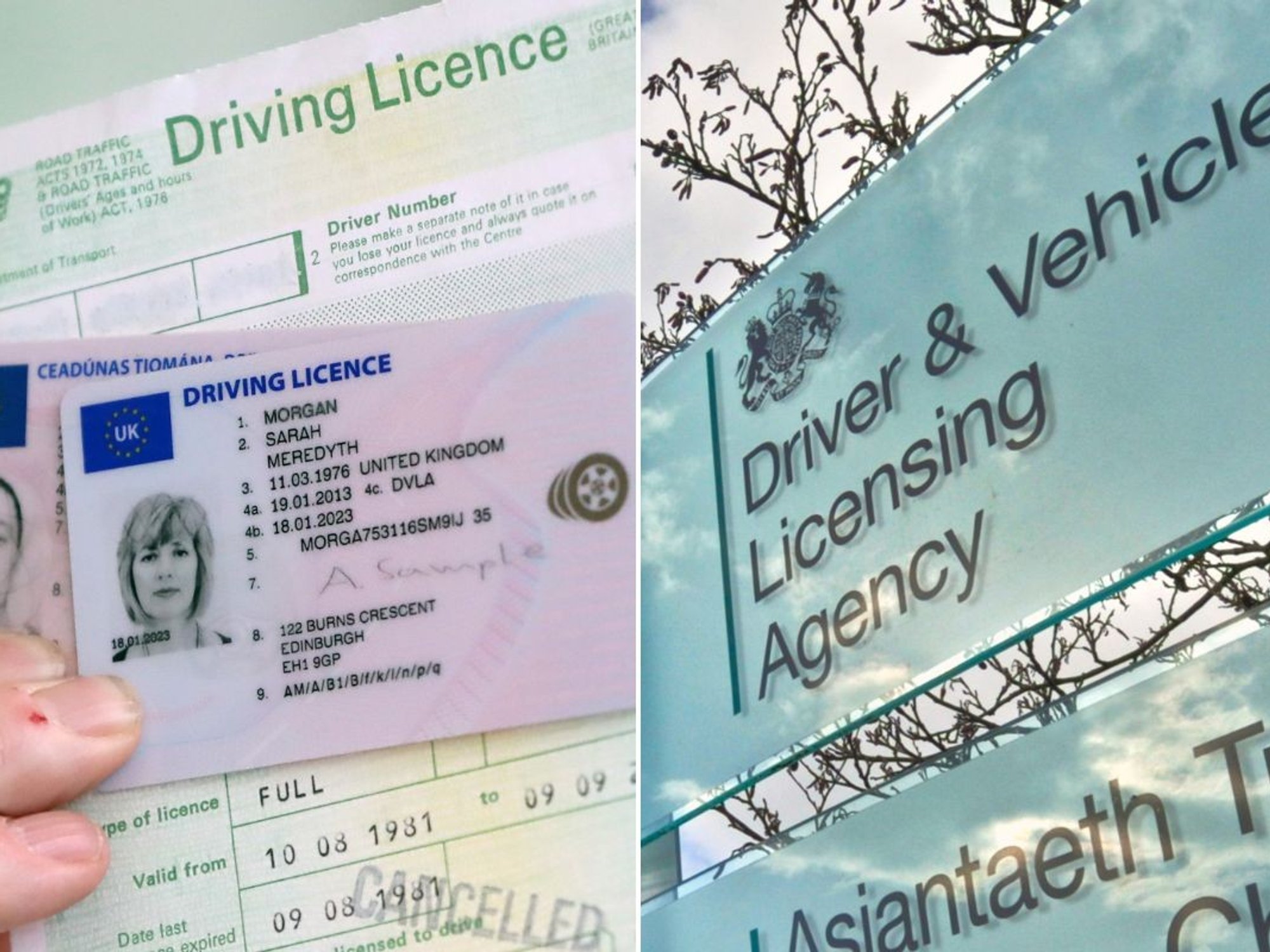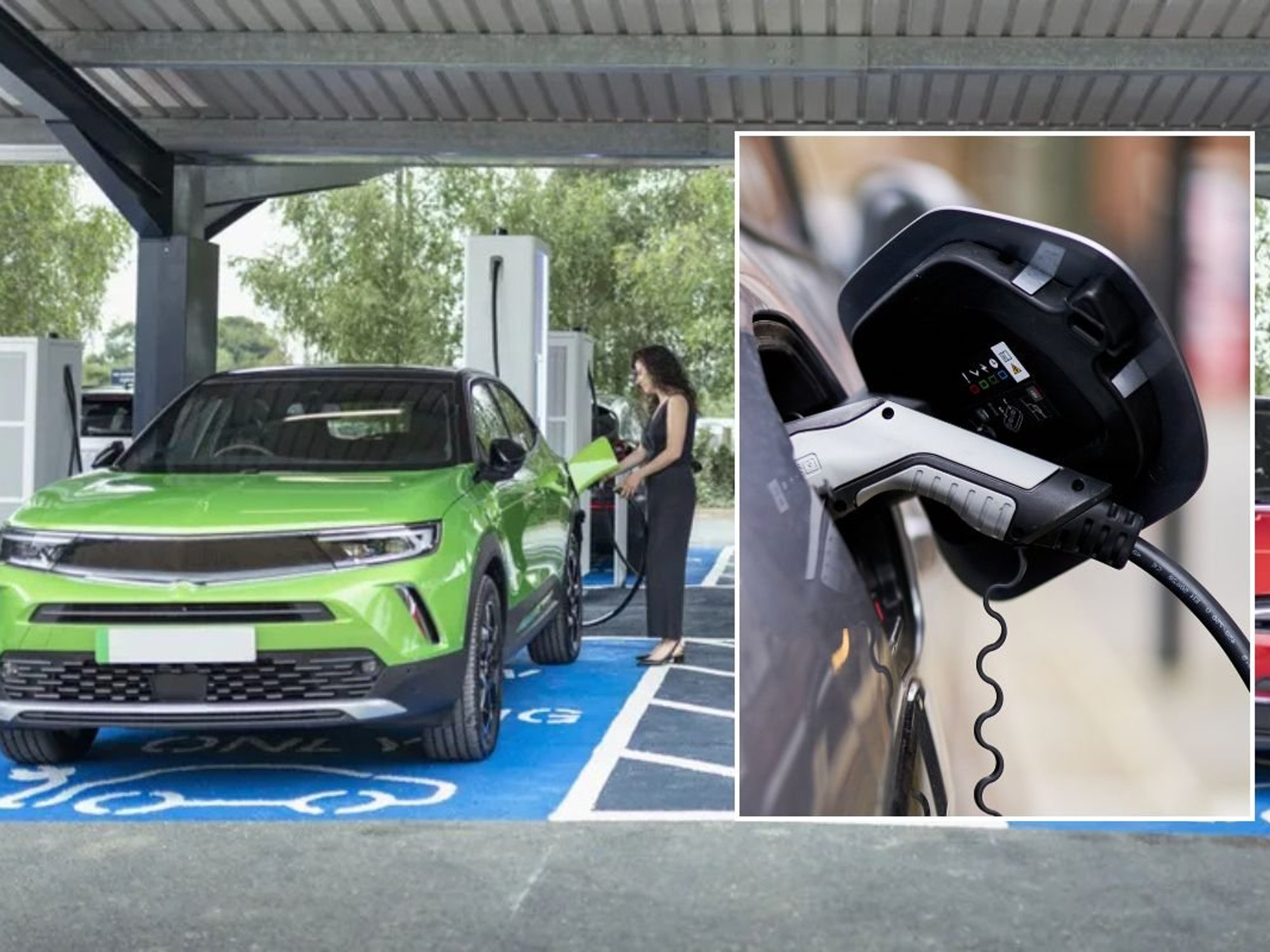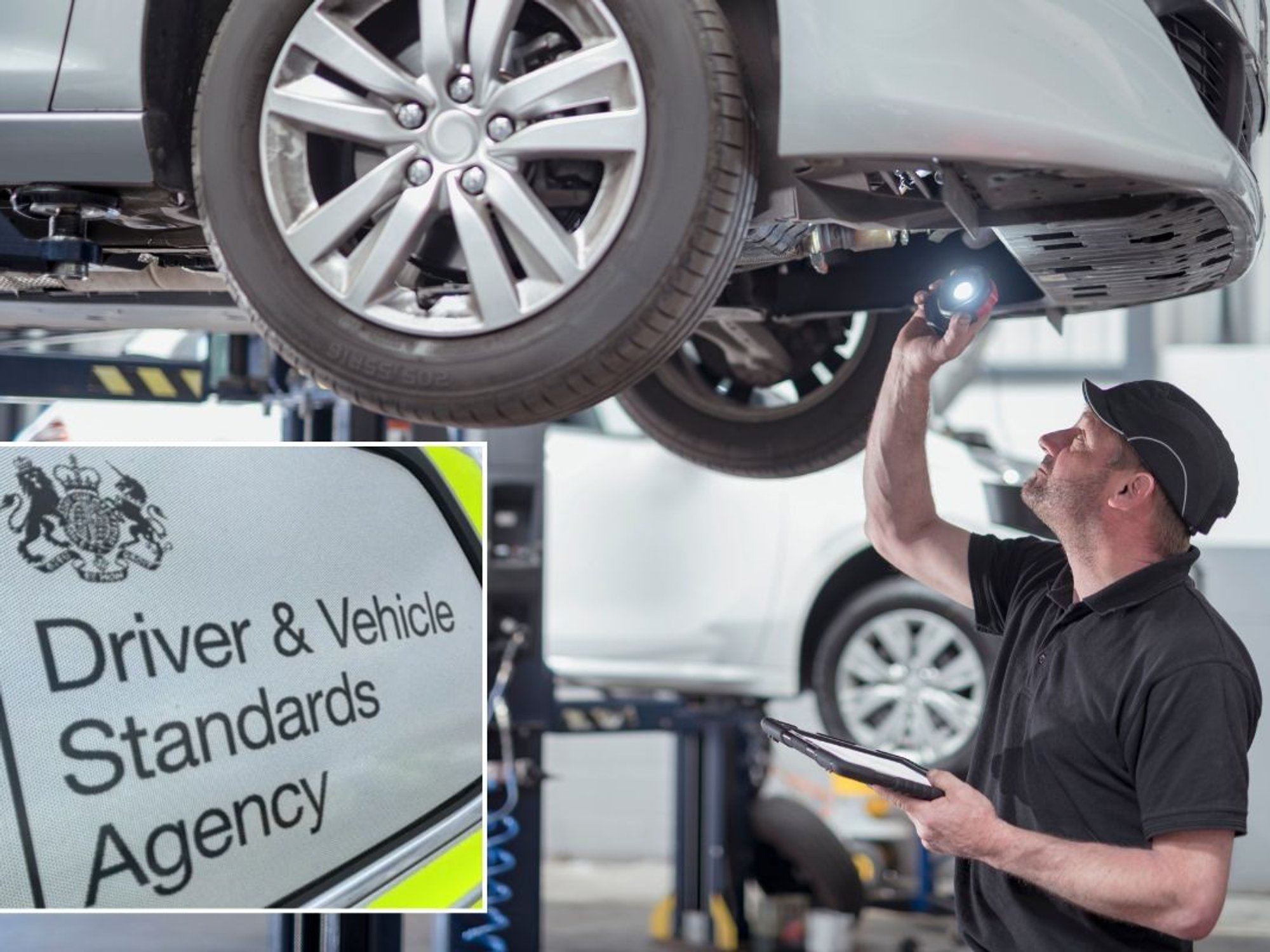Pay-per-mile car tax changes will 'disproportionately hurt' working-class families
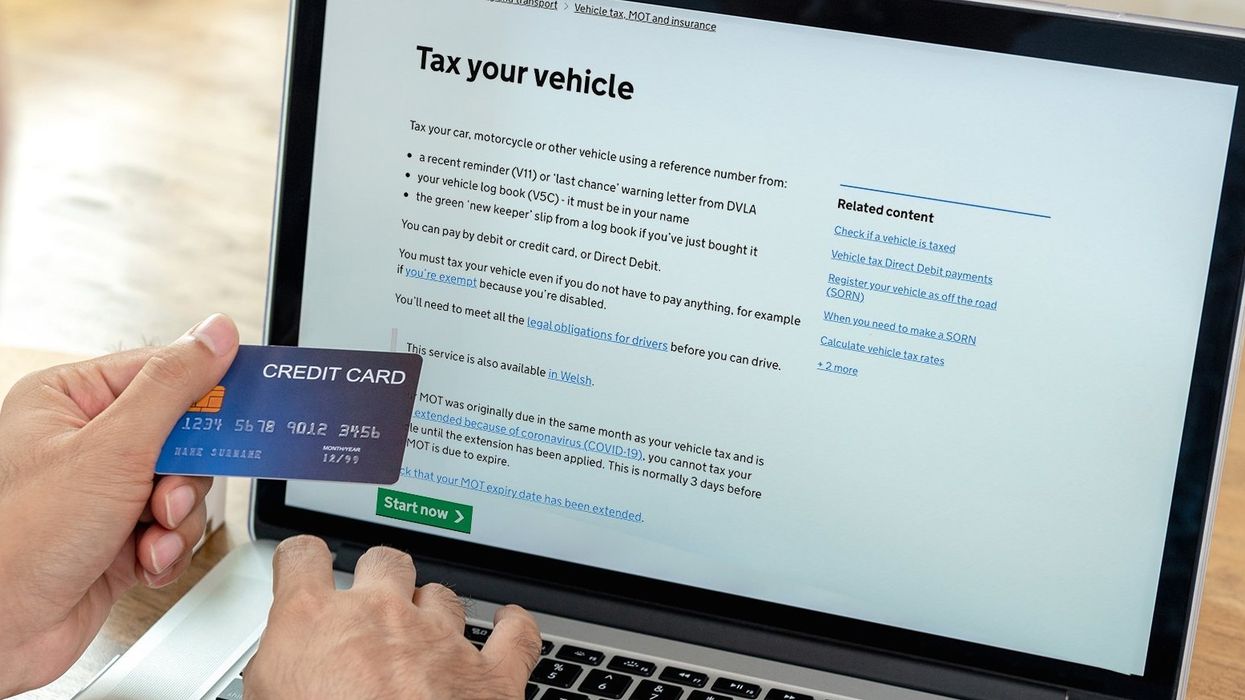
Car tax changes would help fill a £35billion black hole in fuel duty finances | X/DVLA

The Welsh Shadow Transport Minister warned working families would be impacted the most
Don't Miss
Most Read
Latest
Britons are not earning enough to cope with proposals to introduce pay-per-mile car tax changes, a senior Welsh Minister has warned.
Natasha Asghar, the Conservative MS for South Wales East, has warned that the current average salary in Wales is not high enough to support car tax measures being proposed.
In a letter to the Secretary of State, Asghar stated that if the UK Government introduced a new tax scheme, this could adversely affect working families.
It comes after Prime Minister Kier Starmer warned that Labour's first Budget on October 30 could be "painful".
Do you have a story you'd like to share? Get in touch by emailing motoring@gbnews.uk

Natasha Asghar MS has called on Louise Haigh to clarify the Government's position
|GETTY
The letter to Transport Secretary Louise Haigh read: “A pay-per-mile system is something I have been incredibly concerned about for some time, having raised the prospect and potential impacts of such in the Welsh Parliament.
“The negative impact it is likely to have on so many, particularly on working families juggling the school run alongside work and businesses who rely on cars and vans to stay afloat, whilst also disproportionately hurting residents in rural areas.”
She detailed how the average salary for full-time Welsh workers as of 2023 was £32,371, which is “far below” the London average of £44,370.
“An overhaul from the current system to that of ‘pay-per-mile’, would impact those on lower incomes most severely, and therefore naturally punish thousands of working families right across Wales,” Asghar commented.
In a bid to stop drivers being unfairly punished with new taxes, Asghar also called for details on how the tariffs would be calculated and what exemptions, if any, would be introduced.
The letter added: “Reports of a pay-per-mile scheme being introduced have of course sounded alarm bells with motorists all across Wales.
“While no concrete announcement has yet been made, it is not at all inconceivable that Labour will go down this route – particularly in light of the Prime Minister’s recent comments that the upcoming budget will be ‘painful’.
“Although I hope this idea is a non-starter, if the powers that be push ahead with this then we must know the scale of the damage it will inflict on families, workers, businesses, and the wider economy.”
Under the current Vehicle Excise Duty measures, petrol and diesel drivers are charged based on the emissions output of their cars, with larger, more polluting vehicles paying more.
But with more drivers switching to electric vehicles, forecasts show that a £35billion black hole will be left with dwindling receipts from petrol and diesel.
As a result, the UK Government is looking at other taxes it can introduce to plug the gap, which is where pay-per-mile could come in.
The tax scheme would see drivers pay for how much they travel, with cars that travel more notably paying more.
LATEST DEVELOPMENTS:
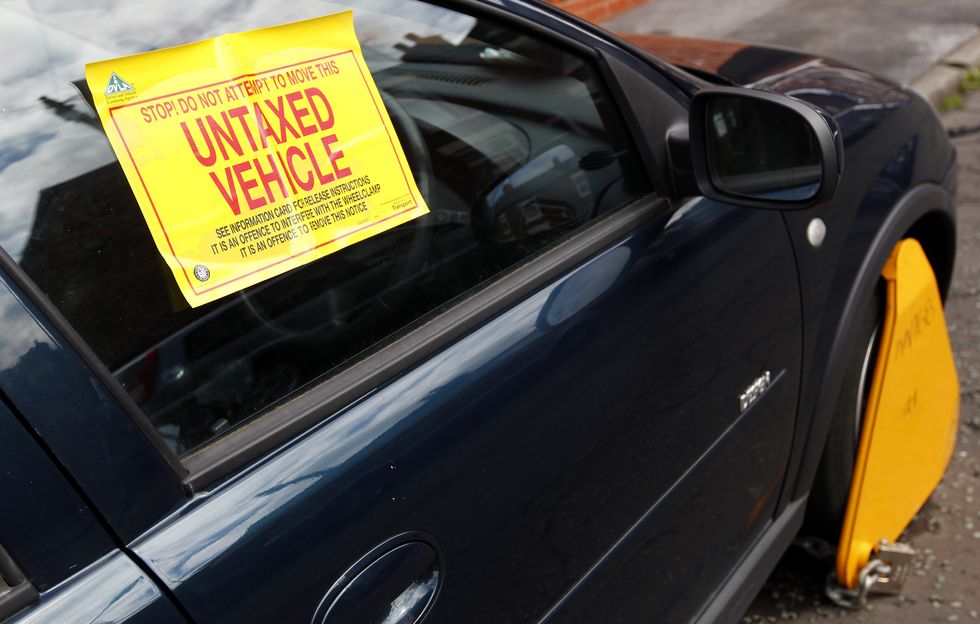
Pay-per-mile car taxes would replace the current VED system
| PAWhile electric cars are currently exempt from car taxes, this will soon end. From April next year, electric cars will be subject to VED charges, but experts have warned this is not soon enough.
Although experts have warned that this tax may not be effective enough to help bridge the gap between how much petrol and diesel cars.
Simon Williams, head of road policy at the RAC said: “As more and more EVs come onto the roads the Government will need to tax drivers differently.
"We think replacing fuel duty with a pay-per-mile system as soon as possible is the way forward as then the only tax levied on fuel would be VAT. This would give retailers nowhere to hide.”






